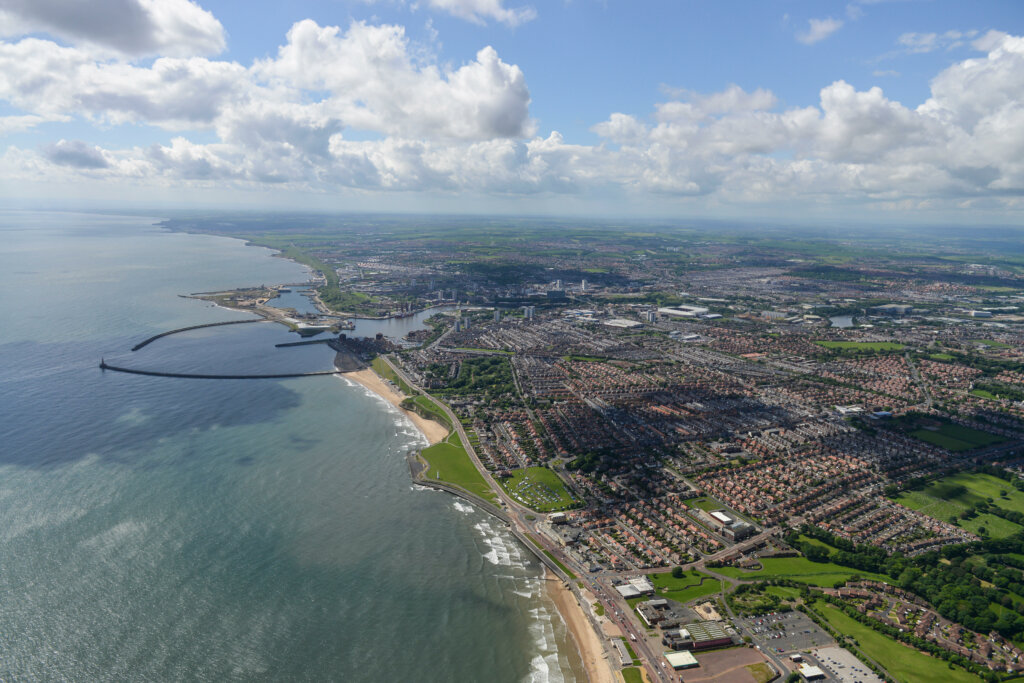Ex-Miners reflect on the Miners’ strikes in Sunderland 40 years later
Written by Liam Caffry on 8th March 2024
Mining is an integral part of Sunderland’s history; everyone knows someone who worked in the ‘pits’, and those who were affected by the strikes have their say, 40 years on.
The Miners’ strike of 1984 was a huge moment in the history of British coal mining. The strikes consisted of thousands of miners and their trade unions against the prime minister Margret Thatcher and her Conservative government who planned to close 20 coal pits.
Those in Sunderland were affected badly by the strikes.
Peter Irwin, 78, from Sunderland, lived through the strikes: “We had no money for a year, never got a penny off the government we used to go to the welfare ‘The Duck’ and get a food parcel every week.
“A load went back to work after two weeks, 30 of them, we used to call them the dirty 30, nobody would talk to them, commonly known as ‘SCABS’.
“No wages coming in, we had no coal, just had to burn anything.”
Those in Sunderland had to go to extremes to heat up their homes.
Simon Caffry, 48, who lived in the area at the time said: “One night my dad and his friends stopped a train on the train line in Hendon, they managed to rob a coal train of its coal and got away.
“My dad had taken his dog with him; the Police followed the Dog next to The Hendon Grange and caught my dad.
“I remember the Police coming and taking him away.”
There were once 11 Mines in Sunderland and its surrounding area, employing 18,000 people in 1960 according to https://wearsideonline.com/sunderland-coal-mining/. Now there are zero mines in Sunderland with the last, Wearmouth Colliery, closing in December 1993 and therefore zero jobs to go with it.
In 1992, 31,000 miners lost their jobs in one day as Prime Minister John Major’s Government closed 31 out of the last 50 deep coal mines in the country.
There are now zero deep coal mines in the UK with the last, Kellingley Colliery closing in December 2015.







